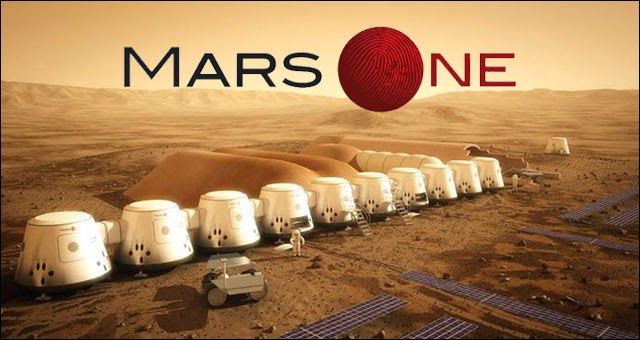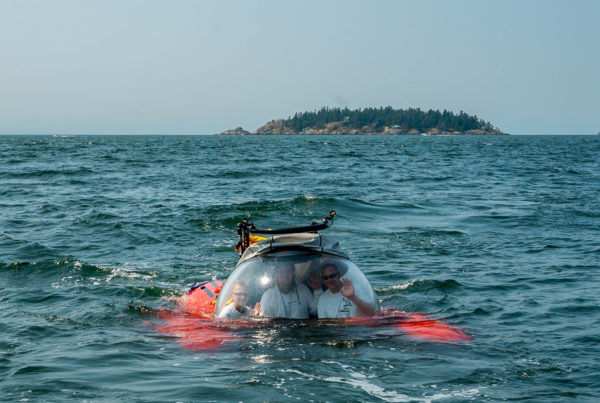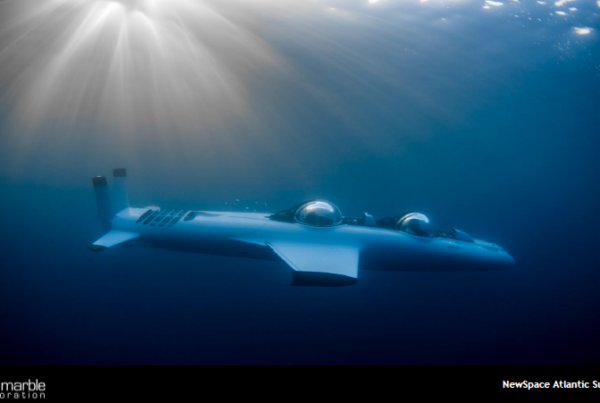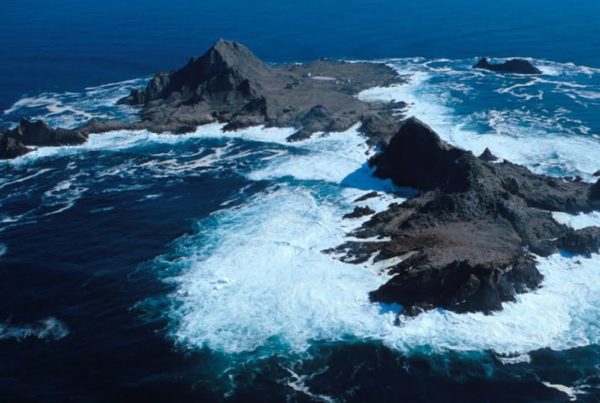Earlier this week, the team at Mars One announced their “Mars 100“. This is a pool of 50 men and 50 women for what the organization hopes will be the first effort to establish a human colony on Mars starting in the next decade. These finalists were selected through a rigorous screening process from over 200,000 applicants. Ultimately, 24 “Martians” will be chosen for the initial six 4-person missions to the Red Planet.
Although this is certainly not the first time anyone has planned a manned mission to Mars, what makes the Mars One approach unique (and media-grabbing) is the fact that it is a colonization mission. This means that every one of these individuals is signing up for a one-way trip. No return voyage is planned.
For some reason, the general public, fueled by a voracious media, continues to focus on what it perceives to be the suicidal nature of this mission. The headlines always seem to echo the question on everyone’s minds, “Don’t these people know they are going to die doing this?!”
However, this question is baffling.
It seems to presume that the alternative to dying on this mission is to live forever NOT doing the mission. It seems to presume that if these would-be Martians would just stay on Earth, they would be immortal. Of course, this is clearly not the case. Whether a human being dies on Mars or on Earth is simply a matter of geography. One way or another, that human being WILL die. There is no avoiding the natural fate of our mortality.
So … perhaps the better question should be, “Out of 7 billion people on this planet today, why did ONLY 200,000 apply for this glorious historic opportunity?”
Perhaps one possible answer is that it takes a deep-seeded spirit of exploration to drive a human being to explore an environment as extreme and hostile as deep space, or another planet. While homo sapiens are a naturally curious animal species, this type of drive is quite rare in individual members of the species. This is why the rest of us hold explorers in such high regard … because most of us could never do what they do, and yet we know that we all benefit from their efforts.
All of the Mars 100 know they are risking their lives, but they willingly do so out of a sense of higher purpose: to push the bounds of humanity’s knowledge. And to do so by boldly going where no one has gone before. These are not crazy nuts blindly following a cult toward personal or group suicide. Instead, they are heroes and role models.
One of the Mars 100 said, “When people ask me why I am going to Mars to die, I say we are all going to die, but it’s important what you do before you die.” Or, as Mel Gibson’s William Wallace said in Braveheart, “Every man dies, but not every man really lives.”
Perhaps it is time for the media to stop focusing on the one-way aspect of this mission as an act of suicide and instead as a 100% commitment to the colonization of another world?
Not all of us have what it takes to join this mission, but the rest of us are truly fortunate that at least these 100 are up to the task. Let us support their efforts and hope for their ultimate success.





